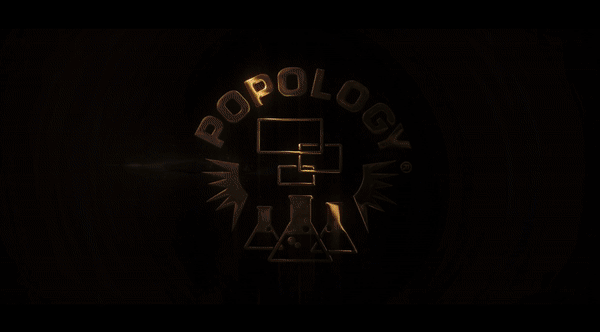- Joe Rey

- May 18, 2023
- 3 min read
Updated: May 18, 2023

• REMEMBERING CHRIS CORNELL • • The voice of a generation passed • • Died • May 18th, 2017 •
Christopher John Cornell (né Boyle; July 20, 1964 – May 18, 2017) was an American singer, songwriter and musician best known as the lead vocalist, rhythm guitarist, and primary lyricist for the rock bands Soundgarden and Audioslave. He also had a solo career and contributed to numerous movie soundtracks. Cornell was the founder and frontman of Temple of the Dog, a one-off tribute band dedicated to his late friend Andrew Wood. Several music journalists, fan polls and fellow musicians have regarded Cornell as one of the greatest rock singers of all time.
Across his entire catalog, Cornell sold 14.8 million albums, 8.8 million digital songs, and 300 million on-demand audio streams in the U.S. alone, as well as over 30 million records worldwide. He was nominated for 18 Grammy Awards, winning three. Cornell was ranked No. 4 on the list of "Heavy Metal's All-Time Top 100 Vocalists" by Hit Parader, No. 9 on the list of "Best Lead Singers of All Time" by Rolling Stone, and No. 12 on MTV's "22 Greatest Voices in Music". He was voted "Rock's Greatest Singer" by readers of Guitar World.
Cornell struggled with depression for most of his life. He was found dead in his Detroit hotel room in the early hours of May 18, 2017, after performing at a Soundgarden concert an hour earlier at the Fox Theatre. His death was ruled a suicide by hanging.
Influences, musical style, and vocal ability[edit]
Cornell performing with Soundgarden in 2014
Cornell cited Paul McCartney, XTC, Siouxsie and the Banshees, Ultravox, and Bauhaus as some of the artists he liked.
Cornell's songwriting often features non-standard chord progressions and melodies that do not conform with one diatonic scale. A prominent example is "Black Hole Sun", which not only involves many kinds of open chords and several key changes in short sequences, but also unique melody phrases with large-interval jumps.
A recurrent characteristic is his use of major-only chord sequences ("Pretty Noose"), which also leads to more subtle key changes.
Cornell's most concentrated example of his own songwriting style remains on his first solo album Euphoria Morning, as his subsequent works, whether with Audioslave or on his later solo albums, tend toward the conventional and only occasionally contain short but inventive interludes (e.g., "Like a Stone", "Disappearing Act", "No Such Thing").
Cornell was a baritone, with a vocal range of "nearly" four octaves (from C2 to A5). He had the ability to sing extremely high in the tenor range, as well as in the lower register of a baritone voice. He showcased this in various songs, most notably the studio and the demo versions of "Beyond the Wheel", where he can be heard spanning three octaves. He also experimented with various different vocal styles, ranging from light falsetto, to high falsetto screams, and chants. In addition to singing rock and metal mainly with Soundgarden and Audioslave, Cornell sang the blues, neo-soul and stripped-down acoustic numbers. The New York Times music critic Jon Pareles wrote, "As it rose, higher and higher, Mr. Cornell's voice could sustain a melody through the fray, or it could confront hard-rock turbulence with grunts, rasps, wails, bitter moans and, at the top of his range, full-bodied shrieks that admitted no weakness."




























%20NEW-03.png)







